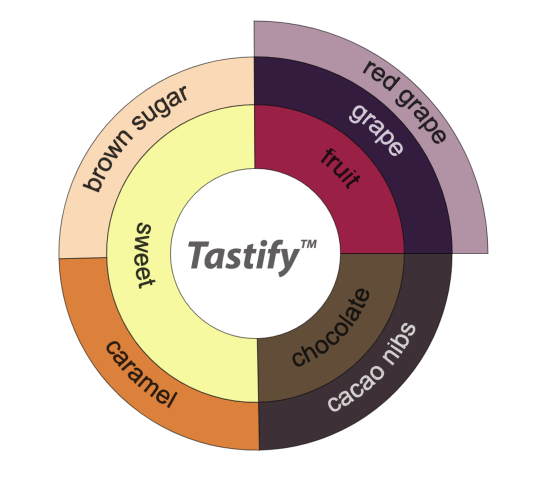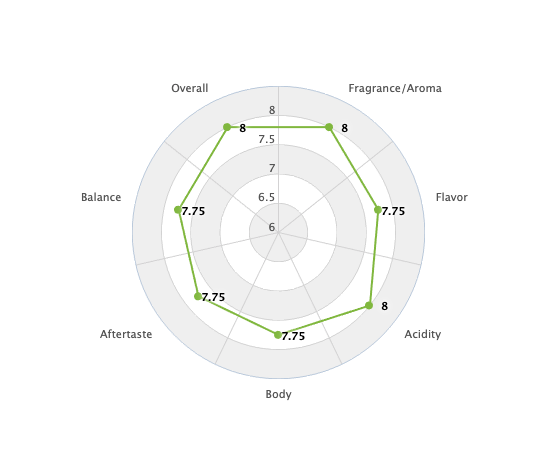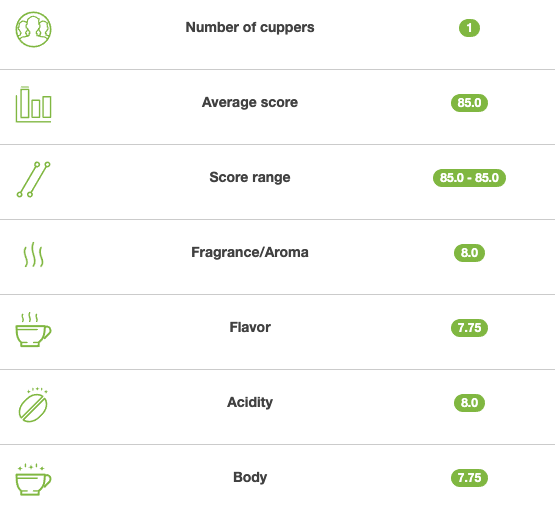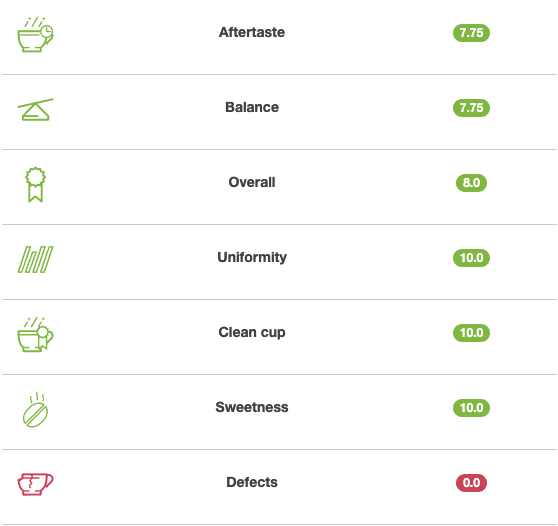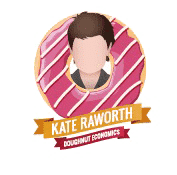How 150 Women Are Making a Difference in the Fight Against Child Labor
In the rolling hills of Kericho, Kenya, a quiet revolution is unfolding: no protest signs, no megaphones, just a steadfast belief that no child should ever have to choose between school and work.
And no cup of coffee is worth a childhood lost.
At the heart of this transformation is Nando Ngandu: a digital strategist, fieldworker, and someone who never loses sight of the bigger picture. We spoke with him about how 150 women are changing the course of child labor, one small farm at a time.
Q: Hi Nando! Can you explain who you are and what do you do at Moyee?
Nando: “I was born in Maastricht but have been living in Kenya for several years now. I got stuck here during the COVID pandemic and just never left. With my background in IT and agriculture, I joined Moyee to create real impact: by digitizing farmers, setting up community farms, and developing strategies to tackle child labor at its root.”
Q: Why the focus on child labor?
Nando: “Because it’s a reality, often hidden, but very real. Think of girls staying home to look after younger siblings or helping with housework so their parents can harvest. Our research showed that in some areas, up to 48% of children are involved in work to some extent. But the real issue isn’t unwillingness, it’s poverty.”
Q: And coffee is just part of the picture?
Nando: “Exactly. Only about 20% of a farmer’s land is typically used for coffee. So we focus on the other 80% too, with nitrogen-fixing beans and poultry, for example. These are crops and livestock women traditionally already manage. It helps create food security and generates extra income, enough to cover school fees.”
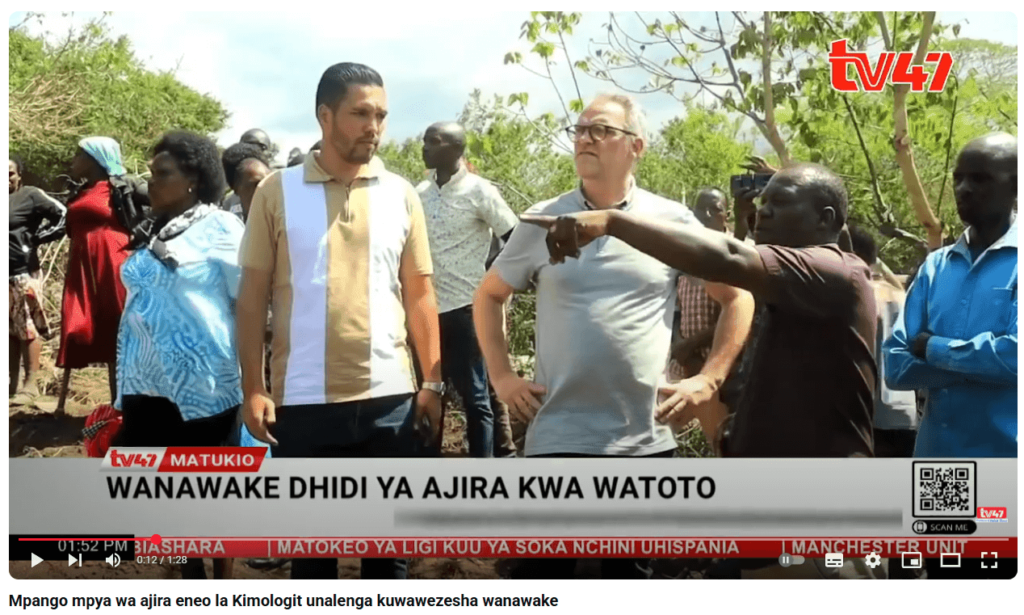
Q: What is the Community Plot?
Nando: “It’s a one hectare training farm, set up and run by the women’s organization Quico. There we experiment with new crops like gooseberries, raise chickens, offer training, and plant coffee trees, because when women plant the trees themselves, they gain voting rights in the cooperative. It’s a way to build change from within.”
Q: So child labor is really just a symptom?
Nando: “Absolutely. It’s about poverty, power dynamics, and lack of choices. If you want children in school, families need to be able to afford it. That’s why we work with local committees, chiefs, teachers, religious leaders, to design interventions that actually work in their specific communities.”
Q: And is it working?
Nando: We’ve only just begun, but the results are promising. We now have 150 women involved, with plans to scale up to 1,000. On some demo plots, yields are five times higher. One small gooseberry field can bring in enough income to send ten children to school for a year.
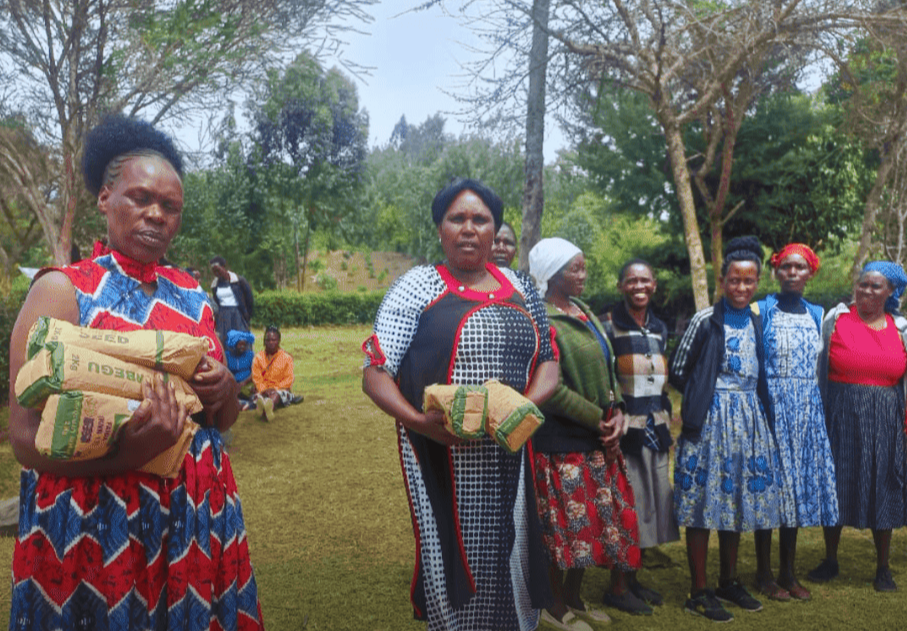
Q: Are these farmers required to sell their coffee to Moyee?
Nando: “Not at all. They’re free to sell to whomever they choose. We buy what we can, but the goal is to build sustainable systems, ones that can thrive even without us.”
Q: Sounds like genuine bottom up development.
Nando: “That’s exactly the point. It’s not about giving fish, but teaching how to fish. It might be slower this way, but it belongs to them. And that’s what makes it last, even after we’re gone.”
Q: given the state of the world today, especially around poverty, is this really making a difference? Is there still hope?
"Always. Even in the poorest villages, people have dreams and plans for the future. And where there’s hope, motivation follows."
- Nando
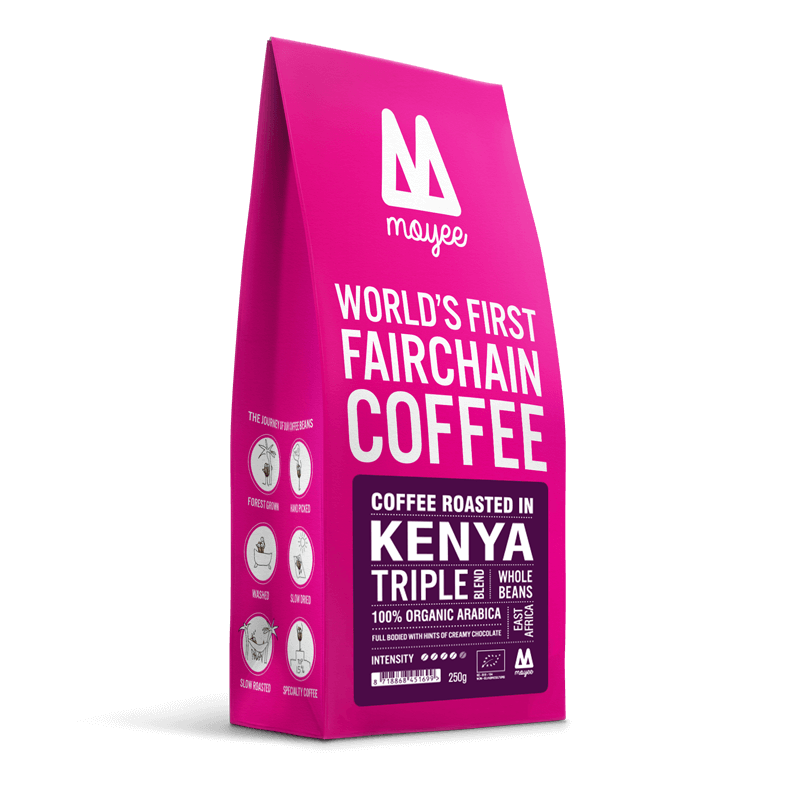
TRIPLE
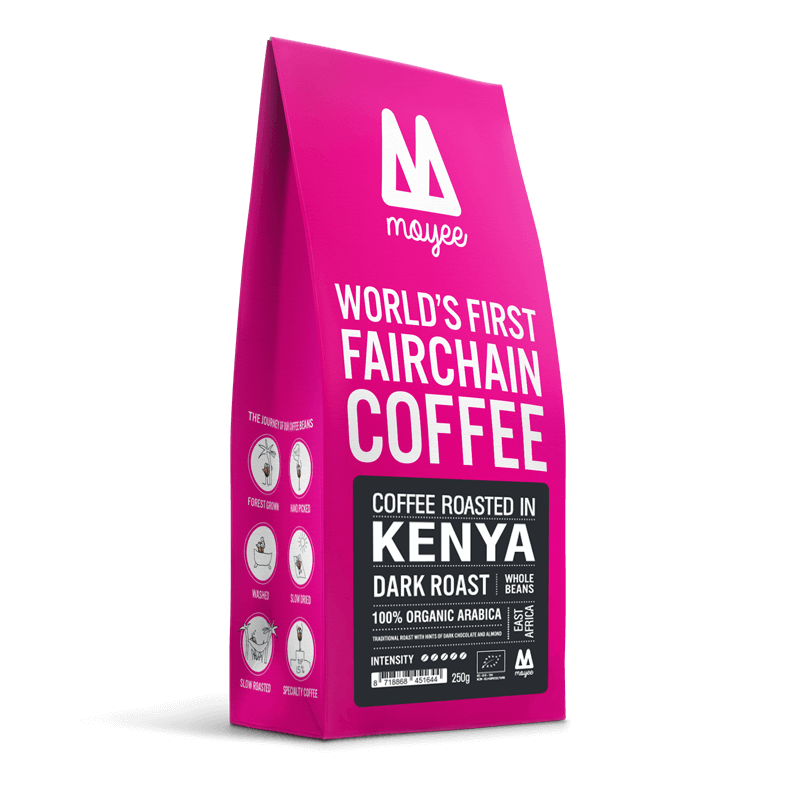
DARK
more about MOYEE

Wat is de Barista Championship?
Het World Barista Championship is dé topcompetitie voor barista’s wereldwijd. In 2025 vertegenwoordigt onze Head Roaster Felix Kenia in Milaan, na zijn winst op het Kenya Barista Championship – net als Tess, onze Head of Quality Control, die in 2024 al op het wereldpodium stond.

Felix naar de world barista championship
Het World Barista Championship is de top van de koffiecompetities, waar barista’s uit meer dan 70 landen strijden met espresso, melkdrank en signature drink. Onze Head Roaster Felix vertegenwoordigt dit jaar Kenia in Milaan, na zijn winst op het Kenya Barista Championship. Bekijk zijn winnende moment hieronder.
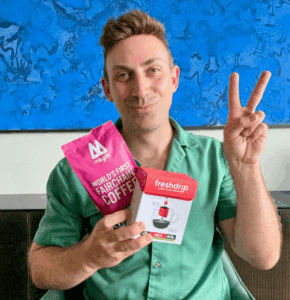
Rip, Drip & Sip: Moyee FairChain and FreshDrip Join Forces
Moyee Coffee is teaming up with FreshDrip, Europe’s leading drip bag brand, to bring radically good, no-machine-needed coffee from our FairChain roastery in Nairobi straight to offices across Europe.

